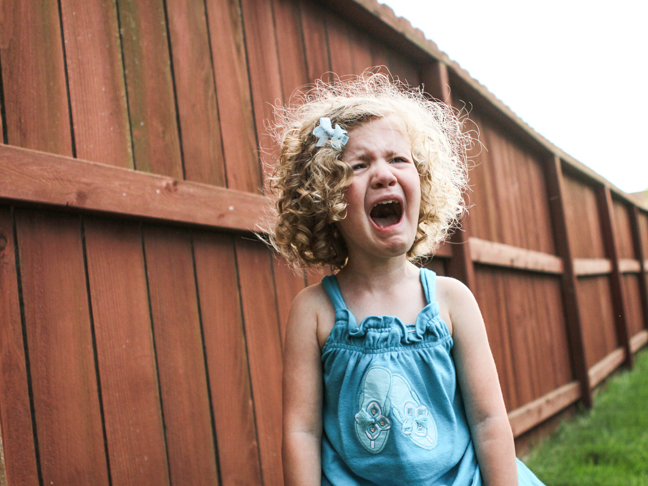The research team studied 1,900 families who were participating in the Fragile Families and Child Wellbeing Study — a research project involving children born in large American cities between 1998 and 2000. Nearly three fourths of the children in the study were born to unmarried parents. These families took part in assessments shortly after the child’s birth, and again when that child was one-, three-, five-, and nine-years-old. Parents were asked if the child received spankings, and questioned about the child’s behavior, including acting aggressively, breaking rules, and being antagonistic.
Twenty eight percent of the parents reported spanking their children in the first year of their life, and 57 percent were spanking their children at three-years-old. Fifty three percent still spanked their kids at 5-years-old, and 49 percent continued spankings at age 9. Overall, parents who identified their children as having behavioral problems were spanking their kids more often as their children grew older.
Study author Michael MacKenzie, an associate professor at Columbia School of Social Work in New York City, says, “Think of it as an escalating arms race, where the child gets more aggressive. The process starts early.” Researchers said spanking and misbehavior seem to feed into one another, and believe that spanking a child in the first year of their life may be a trigger for the cycle.
Dr. Andrew Adesman, chief of developmental and behavioral pediatrics at North Shore LIJ Cohen Children’s Medical Center in New York, cautions parents to “get more counseling or advice on strategies to manage children’s behavior without resorting to spanking.” This is especially important during the early toddler years when a negative cycle can be formed.








